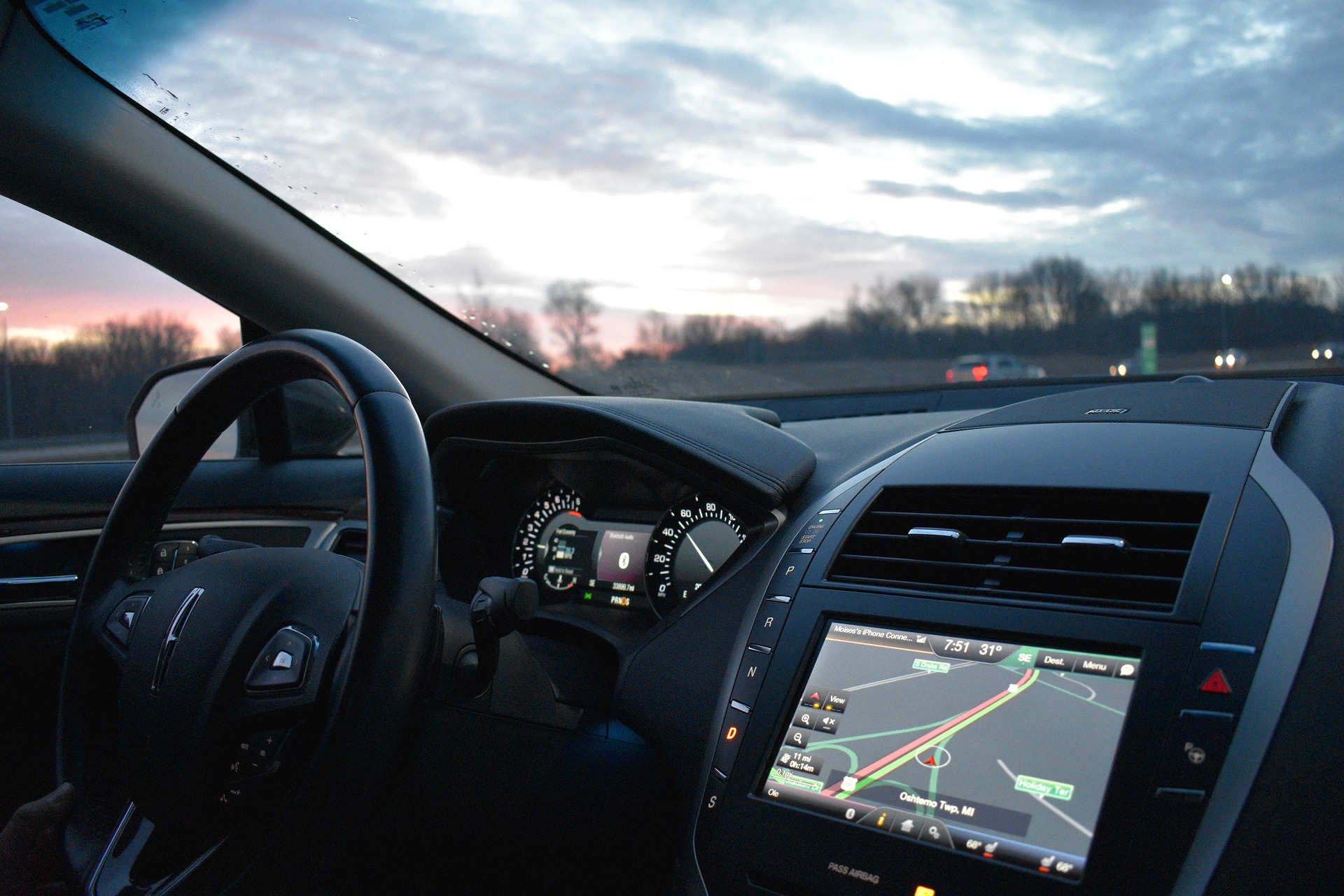Fueling the Future: Hydrogen Cars and their Rising Significance
We stand on the brink of a new era in automotive technology – hydrogen cars. While not as well-known as their electric or hybrid counterparts, these vehicles have the potential to revolutionize our roads and contribute significantly to the global effort to reduce carbon emissions. Let's dive deep into the world of hydrogen cars, their history, current trends, and the impact they could have on our future.

A Glimpse into the Past: Hydrogen Cars and their Journey
Hydrogen cars have a history that dates back to the 19th century. In 1807, François Isaac de Rivaz, a Swiss inventor, designed the first internal combustion engine powered by a mixture of hydrogen and oxygen. However, it wasn’t until the 1960s that the idea of hydrogen as a fuel source for cars began to gain traction, spurred by concerns over air pollution and the energy crisis.
The 1990s saw several automotive manufacturers, including Mazda and BMW, experimenting with hydrogen-powered cars. However, these initial models were hindered by a lack of infrastructure for hydrogen refueling and high production costs. Despite these challenges, the potential of hydrogen as a clean, renewable energy source remained enticing, leading to continuous research and development in this field.
Current Landscape: Hydrogen Cars Today
Today, hydrogen cars are increasingly seen as viable alternatives to traditional gasoline-powered vehicles. They offer the same benefits as electric cars, such as zero tailpipe emissions, but with the added advantage of faster refueling times and longer driving ranges.
Leading the pack in the hydrogen car market are Toyota with their Mirai model and Hyundai with their Nexo. These vehicles are already on the roads in countries like Japan, South Korea, and parts of the United States, with plans for expansion in Europe.
Impact and Challenges: The Road Ahead for Hydrogen Cars
The potential benefits of hydrogen cars are significant. They produce zero tailpipe emissions, with the only byproduct being water vapor. This could dramatically reduce our reliance on fossil fuels and contribute to efforts to mitigate climate change.
However, there are challenges to be overcome. The production of hydrogen is energy-intensive and often relies on natural gas, undermining its green credentials. The lack of refueling infrastructure remains a hurdle, although efforts are being made to expand this network.
Another issue is the high cost of hydrogen cars, primarily due to the expensive fuel cell technology. However, as technology advances and economies of scale come into play, these costs are expected to come down.
The Verdict: A Promising Path, but not Without Obstacles
Hydrogen cars undoubtedly hold promise. They offer a compelling combination of environmental benefits and practical advantages over electric cars. However, their success will depend on overcoming significant challenges, including reducing the cost of hydrogen production, expanding the refueling infrastructure, and bringing down vehicle prices.
In conclusion, while hydrogen cars might not yet be ready for mainstream adoption, they represent an exciting and potentially game-changing development in automotive technology. As we continue to seek sustainable and practical solutions to our transportation needs, hydrogen cars are certainly a technology to watch.
The future of automotive technology is not a one-size-fits-all solution. It will likely be a blend of different technologies, each with its strengths and weaknesses. In this mix, hydrogen cars have the potential to play a crucial role. As we accelerate into this future, it will be fascinating to see how the story of hydrogen cars unfolds.




